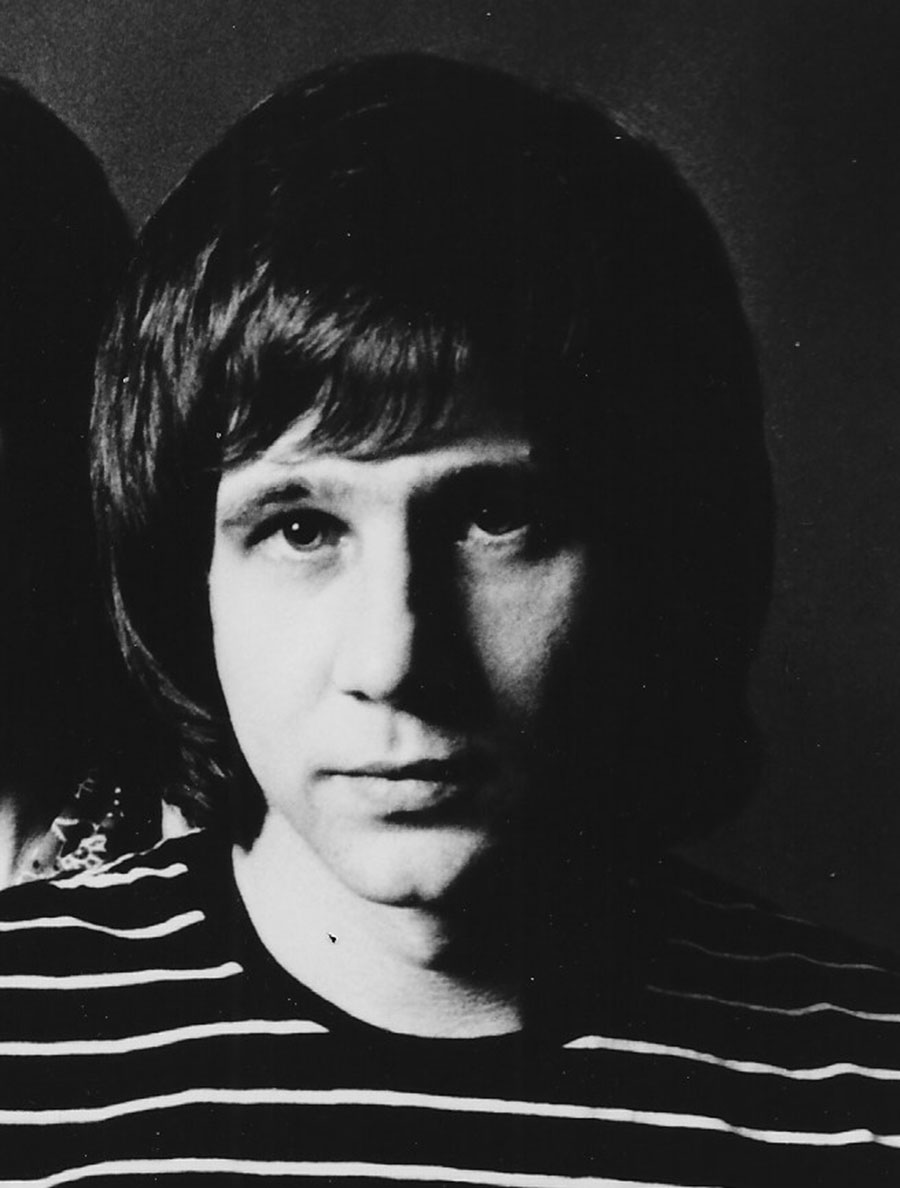Greg Kihn, who scored hits with “Jeopardy” and “The Breakup Song (They Don’t Write ’Em)” in the ’80s, died on August 13, 2024 after a battle with Alzheimer’s disease. He was 75.
Kihn’s passion for rock shined through over the decades. Based in Berkeley, California, he released his first song as a solo artist in 1976 on the famous compilation Beserkely Chartbusters Vol. 1, rising to popularity alongside other Beserkley Records acts, including Jonathan Richman, the Rubinoos and Earth Quake. The Greg Kihn Band built a reputation as a killer live act and, in Europe, as being America’s best “West Coast band,” even though Kihn was reared in Baltimore.
“It’s heavy industrial back there,” Kihn said, referring to his hometown after a concert at Denver’s Rainbow Music Hall in 1979. “You want to get out so bad that you’ll even sing to get away.” Citing the other musicians who had come from the same area (Bruce Springsteen, Patti Smith, George Thorogood, Nils Lofgren), Kihn said his ambition was for his group to be accepted in the tradition of great American bands like Creedence Clearwater Revival. “Kids are getting tired of foreign bands. They’re ready for some homegrown heroes,” he said as he scoured his hotel room for a saltshaker (“Springsteen taught me about it—gargling with salt water is the best thing for your throat”).
There was no doubt that the Greg Kihn Band had a strong grasp of the slashing interplay and inspired material involved in playing hard-edged power-pop. The group cranked out an album every eight months like clockwork, and the culminating effect was to slowly ingrain Kihn into the public consciousness with singles like “The Breakup Song (They Don’t Write ’Em)” and “Happy Man.” Equally worthy were “Remember,” Springsteen’s “Rendezvous” (a fan, he wrote it especially for Kihn) and a cover of “The Man Who Shot Liberty Valance” (“the only Burt Bacharach song we know”).
Many observers thought Kihn would be a star if he recorded for a major label. But he remained with Berserkley, a small independent company that seemed to take pride in its unorthodox methods. “We’re like the Ma & Pa drug store that’s competing with Safeway,” he said. “But we don’t care. Matthew Kaufman isn’t even called the president of the label; he’s the ‘reigning looney.’ All of our success has come from going against the grain and being blatantly maverick. All of our fans are totally honest, because we’ve never had an ad campaign or a lot of hype.
“All of our albums sound like demos, but people can listen to them and get a sense of our history, hear what we’ve done and what we’re doing now. We’re going to be recording for a decade, so it’s good for people to know that we’ve got plenty of room to grow. With bands like the Knack and Tom Petty coming up, there’s a real scene starting to happen. And I want to be on top of it. I don’t want to be the Blues Magoos of the ’70s.”
Which was why the success of “Jeopardy” was so refreshing. The song hit #2 on the national chart in 1983 and became an early staple of the nascent MTV. “Weird Al” Yankovic honored the song with the parody “I Lost on Jeopardy”—the popular music video for which Kihn appeared at the end.
Kihn had sensed a recent breakthrough in his songwriting. “I’m just trying to get better and perfect my craft,” he allowed upon his return to the Rainbow that year. “I enjoy writing songs; I’m writing all the time. I’ve been trying to be economical—I call it ‘economy of expression,’ saying things in fewer words. That’s why I like Buddy Holly. This band really does take care of itself at home, on the road, in the studio and at gigs. Our records are basically self-produced—we just set up and play.”
From 1996 through 2012, Kihn emerged as the popular morning host at the San Jose classic rock station KUFX. He also released six horror novels and edited a collection of short stories written by rockers including Ray Davies, Pete Townshend, Joan Jett and Kinky Friedman.


